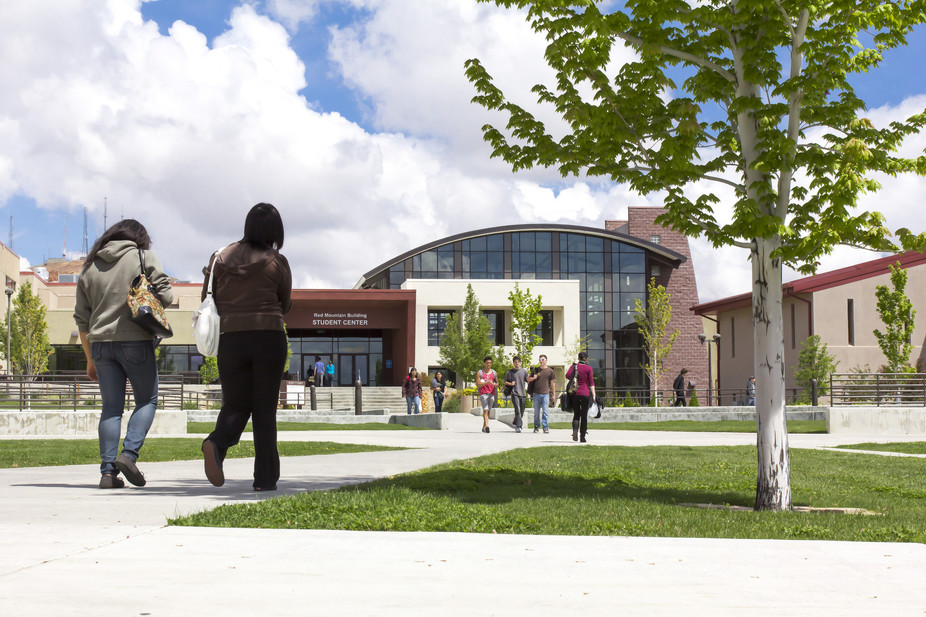Community College: Everything You Need to Know

Refers to a college where associate’s degrees are offered over a two-year period, and it typically forms a connection to the regular four-year-long programs via which students get their bachelor’s degrees.
On average, attending a community college is less expensive than attending a four-year school. Therefore, students can save a significant amount of money on tuition by attending a community college for initial two years and then transferring to a four-year university where they’ll complete their degrees.
In addition to saving money, students attend community colleges for several other reasons. Some important ones include the following:
Academic flexibility: Attending a community college may be a good way for students to become familiar with the world of higher education. This is particularly true for students who aren’t sure if they want to invest a significant amount of time and money in college or students who struggled in high school.
School-life balance: A significant percent of community college students attend the institution part-time, so anybody interested in taking just one or two classes at a time won’t feel out of place. This makes community colleges a good choice for nontraditional students such as parents and older students who want to balance school with career or family obligations.
Transfer agreements: Many community colleges have admission agreements with public colleges that allow eligible students to transfer their credits toward obtaining a bachelor’s degree.
Personalized attention: Many community colleges have smaller class sizes than larger institutions, meaning students can get one-on-one time with instructors and more personal attention. This can be advantageous for students who like to ask plenty of questions and learn at their own pace.
Students should consider the following aspects of attending a community college before finalizing their decisions.
· Most likely, students won’t have an on-campus living experience while attending a community college. Some feel that the social atmosphere provided by on-campus living is an integral part of the entire college experience and development.
· Community colleges may not have extra programs such as sports teams, drama and dance groups, etc., that students will find in a four-year school.
· Many students attend community colleges with the idea that they’ll transfer after completing their associate’s degree and continue their education at four-year institutions. They need to ensure that all their coursework is transferable and will be counted as credits required at their target transfer colleges. Articulation agreements are routinely updated, so students shouldn’t rely on old information when deciding on which community or four-year college to go to.






